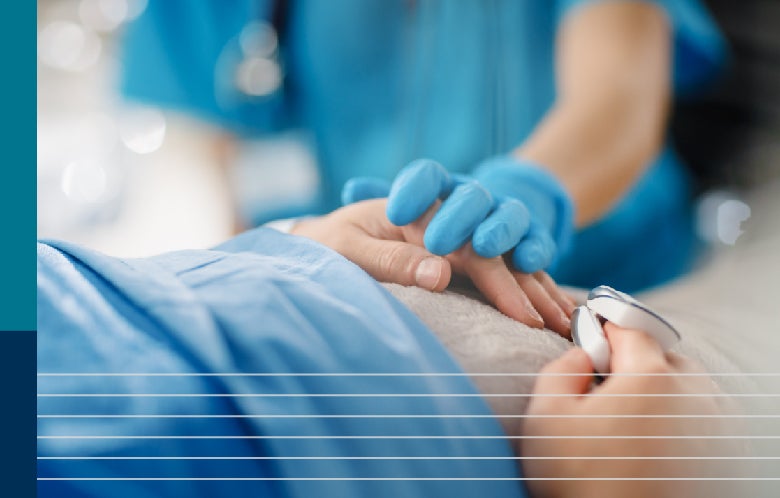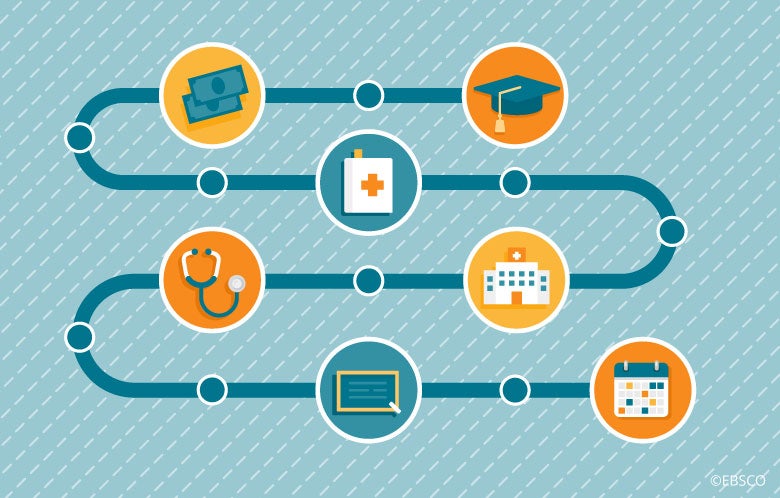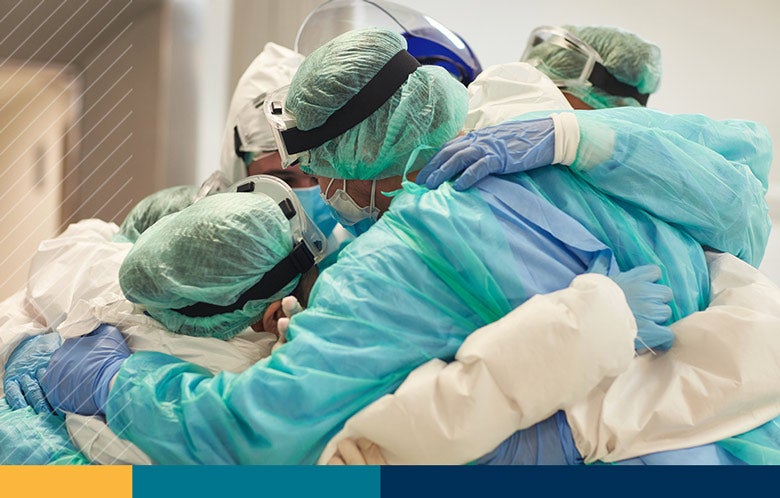If there is one thing I’m hopeful the COVID-19 pandemic has taught society, it is that we are interdependent and our actions impact others. The nursing profession, of course, has always known this.
Nursing’s whole reason for being is to perform actions that impact others. We don’t call it “impacting others,” we call it the nursing process, and we call the outcomes of our actions patient outcomes. Patient outcomes can be quantifiable, such a reduction in patient pain measured using a pain scale, or they can be more qualitative, such as the look a patient with dementia gives when you have calmed their fears. Sometimes the impact nurses have is immediate and easily documented, whereas at other times the impact is less clear and builds over time, or perhaps the impact is never even known.
For a few years I worked in a teaching hospital caring for patients with leukemia who were going through their first round of chemo. One patient I cared for was a middle-aged woman from Taiwan. She did not speak English, and although we had translators we could call, much of our communication consisted of pantomime. Treatment for leukemia can be hard. The patient typically undergoes a course of chemotherapy to wipe out cancerous cells in the bone marrow and allow the bone marrow to restart making normal blood cells. The process of bone marrow recovery can be slow, but usually it recovers. For this patient, however, the usual course of chemo was a bit much for her bone marrow. After waiting a few months with no sign of bone marrow recovery, the decision was made to prepare for a bone marrow transplant. It is scary for all patients with leukemia, but it was particularly so for this woman who was far from home and family, unable to communicate, and suddenly facing a bone marrow transplant to have any chance of ever leaving the hospital.
There was something intangible in our interactions that made her feel safe; other nurses were doing everything correctly to be sure she was safe, but I was the primary one who made her feel safe. I had no idea I had been having such an impact on her.
There was something intangible in our interactions that made her feel safe; other nurses were doing everything correctly to be sure she was safe, but I was the primary one who made her feel safe. I had no idea I had been having such an impact on her.
One day, after being off several days, I walked into her room and she practically leapt out of bed to grab me she was so relieved to see me. I had not realized it, but I had become the person on the unit she trusted most of all — I was her nurse, and she needed me. There was something intangible in our interactions that made her feel safe; other nurses were doing everything correctly to be sure she was safe, but I was the primary one who made her feel safe. I had no idea I had been having such an impact on her. That morning I sat at her bedside a great while, holding her hand and letting her feel safe. After a while I called a translator so I could know if there was anything she specifically needed, but it turned out she just needed the security of knowing I was there. Just as her sister was preparing to fly from Taiwan to donate bone marrow for a transplant, a single little white blood cell appeared on her CBC. The next day there were more, and her counts grew daily. We cried, she recovered and went back to Taiwan, and I never saw her again.
I had another experience caring for a patient for which I will never know the full impact of my actions. I was the charge nurse late on a Friday evening when I got a call that we were getting an admission, a 17-year old boy with testicular cancer who was to start chemo that night. He arrived with his mother, who — bless her — seemed very calm, in stark contrast to the patient with his “deer in the headlights” eyes. The oncology fellow was to come around later to write orders and we were to start his chemo ASAP. When I looked through his preliminary paperwork, however, I did not see any mention of discussing sperm donation with him. When the fellow and the resident came around, I asked the question: “Has anyone talked to him about sperm donation?” The fellow looked at me, then at the resident, then at his paperwork — nothing. He had a discussion with the patient and his mother, made a few phone calls, and arranged for the patient to donate sperm first thing Saturday morning. The patient and his mother left with the cryobank appointment and instructions to come by the unit afterwards to be re-admitted to start chemo. I was off the next few days and never saw him again. I’ll never know what happened with him. Did he have a good response to treatment? Does he have biological children? What impact did I have on him and his family?
It is an awesome responsibility and privilege to be a nurse. Our patient interactions are powerful and change lives. I work now in a writing and editing role, but I like to think that I am still impacting patients by providing bedside nurses with the evidence-based information they need. I will never meet or directly interact with the patients my work is impacting, but I’m fine with that.



